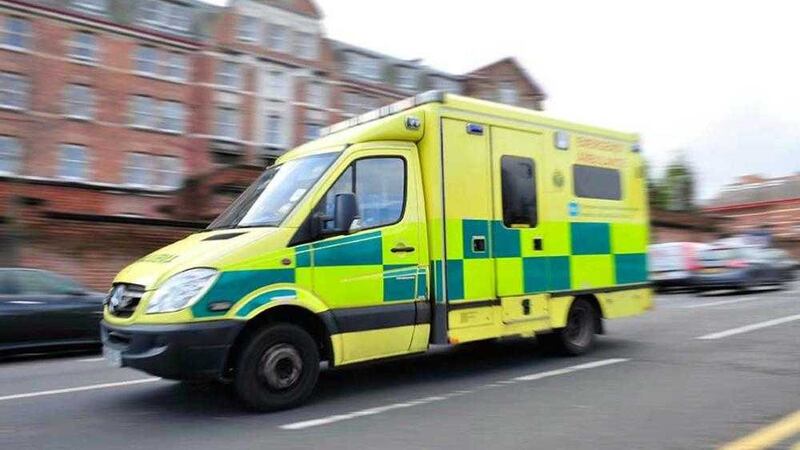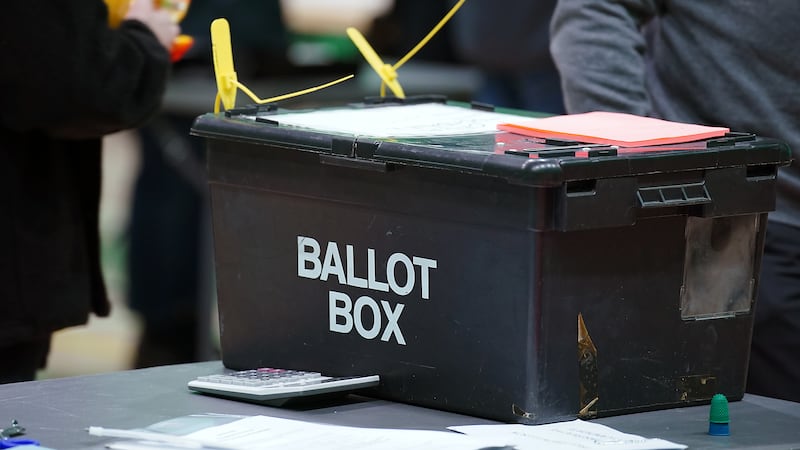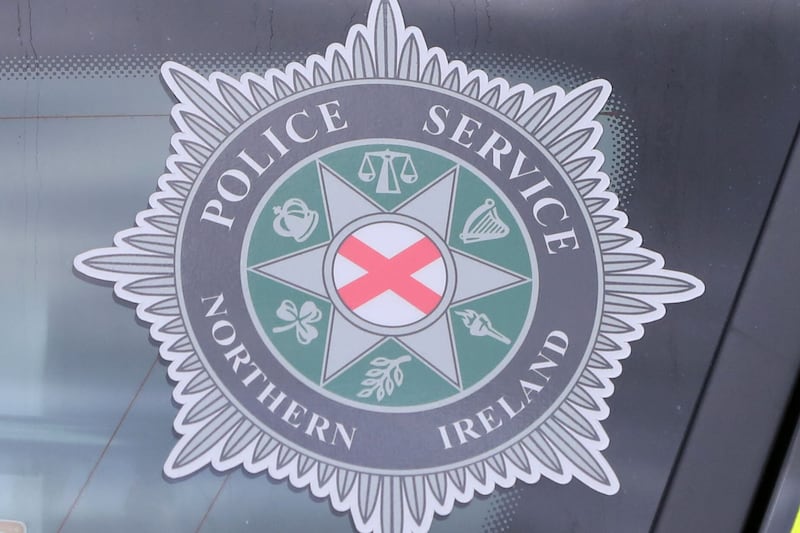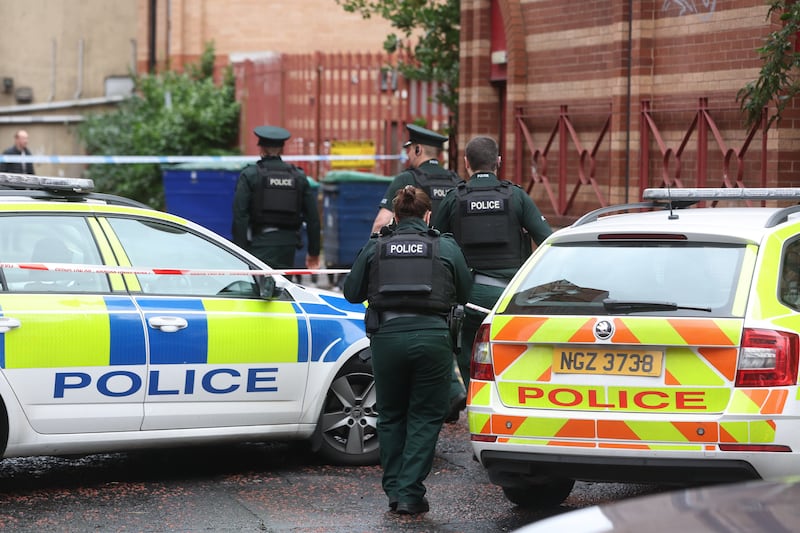DYING and gravely ill patients in large swathes of Co Down are being forced to wait up to an hour and a half for an ambulance after resignations and reduced hours have pushed the service to breaking point.
`Life-threatening' Category A `999' calls are supposed to be have an ambulance with the patient in eight minutes or less.
The Ambulance Service (NIAS) told the Irish News it is battling to meet targets due to "increased demand on the service, changes in acute services, increased attendance at emergency departments (creating) handover delays".
In a single month, 23 ambulance emergency staff either resigned or have moved to part-time hours in Eastern Division (Country).
Newtownards and Bangor station how has just 79 per cent of staff working full-time hours.
And the NIAS has confirmed that the entire division - which stretches from Newcastle to Newtownards and Donaghadee to Lisburn - has only 81 per cent of planned cover at night.
In April alone, there were three resignations and 20 paramedics went part-time.
With the introduction of Personal Independence Payment (PIP) to replace Disability Living Allowance later this month, paramedics are increasingly being lured to become assessors by a private company.
"Capita is the Assessment Provider for PIP in Northern Ireland and, in line with requirements, is continuing to actively recruit Nurses, Occupational Therapists, Physiotherapists and Paramedics to carry out PIP assessments in Northern Ireland on behalf of the Department for Communities," a Stormont spokeswoman confirmed to the Irish News.
It has already seen four paramedics leave the profession to take up roles as assessors.
A spokesman insisted the service "had not moved anyone to part-time hours as a management strategy", but were responding to employee requests "in line with the NIAS work-life balance policy."
More than 42,500 emergency night calls in the region were responded to by ambulances from other areas last year - 15 per cent from Belfast, but others from crews all other areas - including Western Division almost 100 miles away.
Western Division, which is supposed to provide cover for Enniskillen, Derry, Strabane, Limavady, Castlederg and Omagh, has itself has been struggling with the second longest waiting times for 999 emergencies, with patients waiting as long as 78 minutes for an ambulance to arrive.
An ambulance service spokesman insisted that such crews "may have been in Belfast, having transported patients" to hospitals in the city.
But critics argue any delay in ambulances returning to their own division places lives at risk in difficult to reach rural areas.
Green Party leader Steven Agnew, whose North Down constituency lies within Eastern Division, said it was "unacceptable that someone in an emergency situation could face such a delay".
"I am fully supportive of staff who seek to improve their work/life balance, particularly in such a stressful environment when a life could literally be at stake. However, public safety should be an absolute priority."
He blamed "lack of strategic planning" by NIAS management for "lack of adequate cover", including the one-fifth of staff in Newtownards and Bangor station on part-time hours.
"It is alarming that a decision not to replace those workers who resigned or reduced their hours has led to this wholly unsatisfactory situation.
"I will be seeking assurances from the Health Minister that the NIAS is allocated the resources it clearly needs to run such a vital service."
UUP assembly member Jo-Anne Dobson who sits on Stormont's health committee said the north's NHS "crisis" is "spreading to also engulf the Northern Ireland Ambulance Service" and is "particularly concerned at the situation affecting the service in the Southern Eastern Area".
"In many of these situations time is absolutely critical and each unnecessary delay can increase the risk of patients coming to harm," she said.
"It is shocking that some Category A calls - where there is, potentially, an immediate threat to life - have on occasions been taking over an hour to arrive, despite the target being 8 minutes.
"The Ambulance Service would not be able to operate without the sheer dedication and professionalism of the men and women who work within it, and I know from talking to many over recent months they are regularly being pushed to their absolute limit.
"With so many ambulance personnel now opting to work part-time hours, it does raise serious questions about the sustainability of the service."
A NIAS spokesman said it "seeks to respond to every 999 call as quickly and appropriately as possible".
"We regret that on occasions our response does not match the expectations of the public, or in fact the expectations of ourselves," he added.
"We carefully monitor our response performance. Our ability to meet the targets set for us is becoming more challenged due to a number of reasons including increased demand on the service, changes in acute services and increased attendance at emergency departments resulting in handover delays for our staff which impacts upon their availability to respond.
"We work closely with our commissioners to identify solutions to the problems we face."
What is the longest `999' emergency ambulance response time in your region
Belfast 01:11:32
South East 01:29:51
North 01:05:07
South 00:59:49
West 01:18:34
(Jan - March 2016)
Response Categories
Emergency Medical Dispatchers ask a series of carefully structured questions so that 999 calls can be put into one of 3 categories, A, B or C.
CATEGORY A - The most serious calls, where there is, potentially, an immediate threat to life
CATEGORY B - Calls which are serious, but not life-threatening
CATEGORY C - Calls which are neither serious or life-threatening
Shooting victim's 19 minute wait across the road from ambulance station
THE ambulance service said it "sincerely regretted" being unable to provide "a more speedy response" to the fatal shooting of Michael McGibbon.
Despite an ambulance station being just two minutes away, help did not arrive for the father-of-four until 19 minutes after the 999 call was received.
Mr McGibbon’s wife Joanne, a nurse, tended to the 33-year-old as he bled profusely from an artery after being shot three times in the leg by dissident republicans in an entry at Ardoyne in north Belfast on April 15.
He was taken to the Royal Victoria Hospital but later died.
A spokesman said the delay was because all ambulances were already dealing with emergencies.








